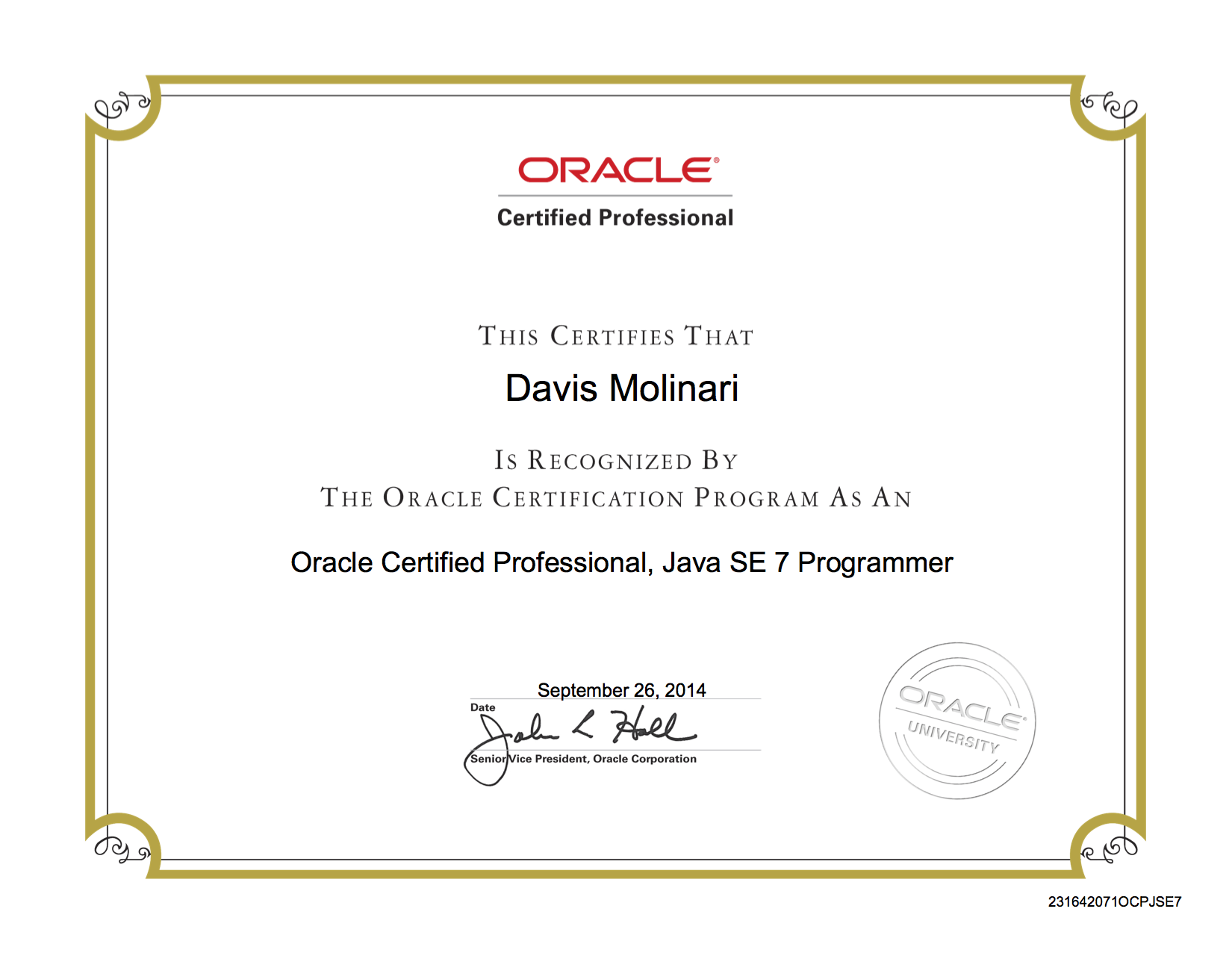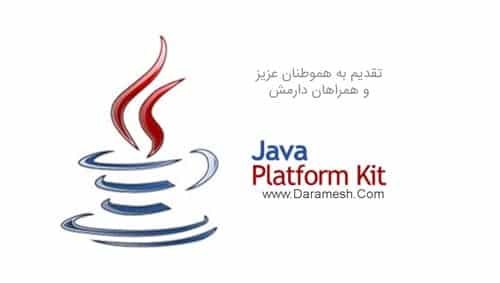

Teams/JavaPackaging pre-unstable/experimental repository Java/Packaging - Tools for packaging Java applications and libraries in Debian Instead of managing each alternative separately, you can update them all in one go with 'update-java-alternatives' from java-commonĭevelopers - Java packaging work in Debian Most java-related executables, multiple of which can be installed at any time, are managed by the 'alternatives' system.

Runtimes should provide all virtual packages which they support, so openjdk 6 provides java2-runtime, java5-runtime and java6-runtime.

A dependency on javaX-runtime means that the package can work with any runtime which implements version X. These cover runtime compatibility and come in two flavours headless (omits graphical interfaces) and normal. There are several virtual packages used in Debian for Java. Understanding Java Virtual packages names Remember to manually check for updates and generate and install the updated pacakges! WARNING: there is no way to get automatic security updates. Debian, however, provides an helper to generate Debian packages from upstream tarballs. No longer available in Debian due to license reasons. The alternatives binary is provided by chkconfig package.Default Java for buster on ports where it is available.ĭefault Java for stretch on ports where it is available.Īlso available on jessie-backports (but no plugin).ĭefault Java for jessie on ports where it is available.ĭefault Java on ports where OpenJDK is not available. But in case the system is still using the older version, use alternatives command to change the default Java version. Once the installation is completed, this version will be the default Java version. The non-root user must use `sudo` run command with special privileges that allow the installation.Įxecute the following command to install Java 19: sudo rpm -Uvh jdk-19_linux-圆4_bin.rpm wget Step 2 – Install Latest Java on Fedora & CentOSĪfter downloading the Java package file, use the `rpm` command to install it on your system. You may like: Install Java 11 on CentOS/RHEL & Fedoraĭownload the latest Java SE Development Kit 19 non-LTS release from its official download page or use following commands to download from the command line.So, follow this article to install Java 19 on your Fedora and CentOS/RHEL systems. This tutorial is written for the instructions to install the Latest Java version on Fedora, CentOS, and Redhat systems.


 0 kommentar(er)
0 kommentar(er)
